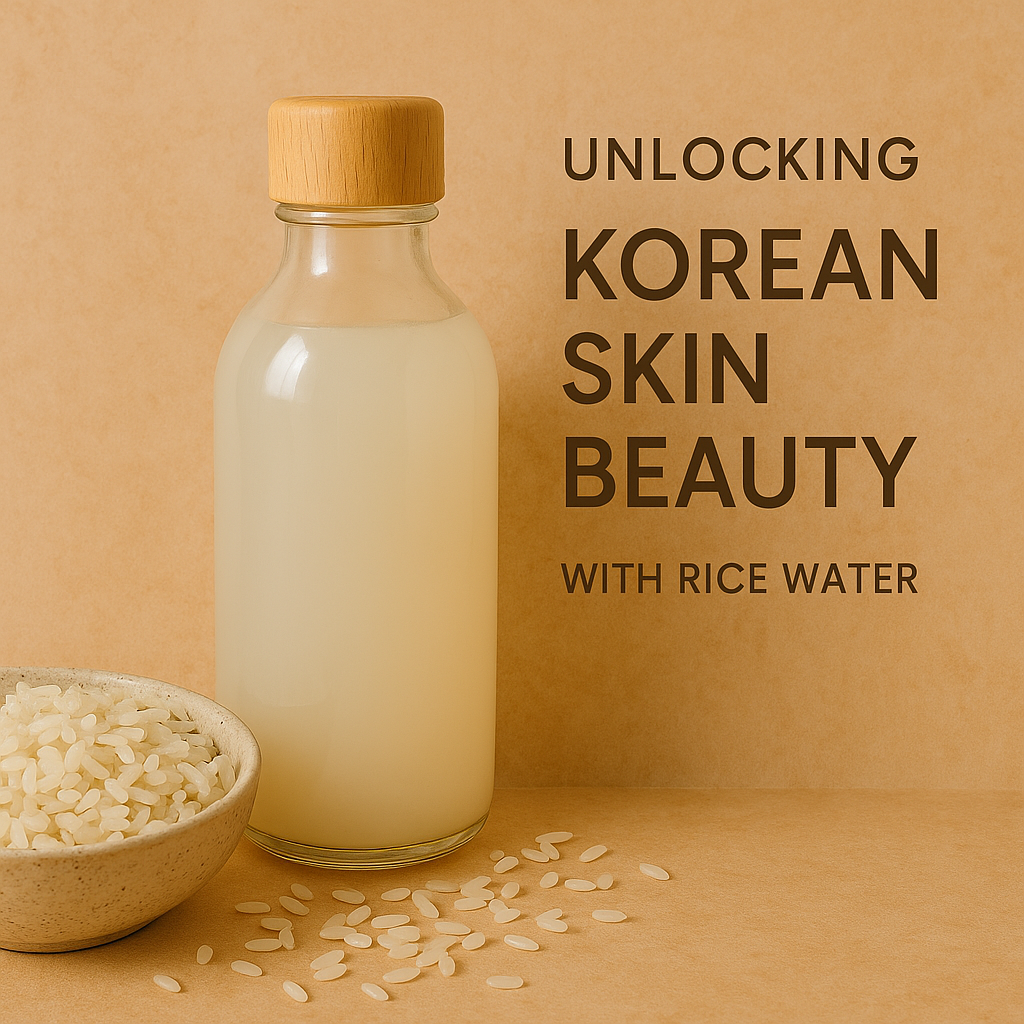Rice has been a staple in many cultures around the world, not only for its nutritional value but also for its remarkable benefits for the skin. In particular, the practice of using rice water— the starchy water left after washing or cooking rice — has gained popularity in Korean skincare routines. This article delves into how incorporating rice water into your beauty regimen can enhance your skin’s health and appearance.
Hello everyone ! Welcome to SasVibe.
Before cooking rice, it is common to rinse it thoroughly. The water used for this rinsing, often discarded, contains a wealth of nutrients that can be beneficial for your skin. Not only does rice water offer remedies for various health issues such as diarrhea, stomach pain, fatigue, and fevers, but it also boasts impressive qualities for skincare. The Japanese and Korean beauty routines frequently emphasize the use of rice, showcasing its ability to maintain a radiant and youthful complexion.
The Benefits of Rice Water for Skin
Rice water is rich in amino acids, vitamins, and minerals, as well as antioxidants and anti-inflammatory properties. This nutrient-packed water hydrates the skin, making it an excellent natural moisturizer. Here are some of the key benefits:
- Brightening Effect: Rice water is known for its skin-brightening properties. It can help to even out skin tone and reduce the appearance of dark spots and hyperpigmentation.
- Anti-Aging Properties: The antioxidants present in rice water can combat signs of aging, helping to keep the skin looking youthful and radiant.
- Acne Treatment: Many people are unaware that rice water can also serve as an effective remedy for acne. It can help reduce breakouts and diminish acne scars, providing a clearer complexion.
- Soothing Irritation: The anti-inflammatory properties in rice water can soothe irritated skin, making it suitable for sensitive or reactive skin types.
How to Prepare and Use Rice Water
Creating your own rice water is simple. Here are two effective methods:
- Soaking Method: Take one cup of rice and soak it in water for about 30 minutes. After soaking, strain the rice, and keep the water in a clean jar. This rice water can be stored in the refrigerator and used within a week.
- Cooking Method: Alternatively, you can prepare rice water while cooking rice. After the rice is cooked, do not discard the water. Instead, save it in a container to use later.
Once you have your rice water ready, it can be utilized in various ways:
- Facial Toner: Use rice water as a facial toner to help reduce tan and prevent signs of aging. Simply apply it using a cotton pad after cleansing your face.
- Face Masks: Combine rice water with other natural ingredients to create homemade face masks. This can enhance the benefits for your skin, making it brighter and helping to eliminate dark spots.
- Ice Cube Treatment: For an invigorating treatment, freeze rice water in ice cube trays. Use these ice cubes on your face twice a week to help reduce puffiness, brighten your complexion, and treat acne.
Conclusion
Incorporating rice water into your skincare routine can be a game-changer, offering numerous benefits that promote healthy, glowing skin. With its rich nutritional profile, rice water is a powerful ally against various skin concerns, from dryness to aging. As you explore the world of skincare, consider adding this simple yet effective ingredient to your regimen and experience the transformative effects for yourself.



